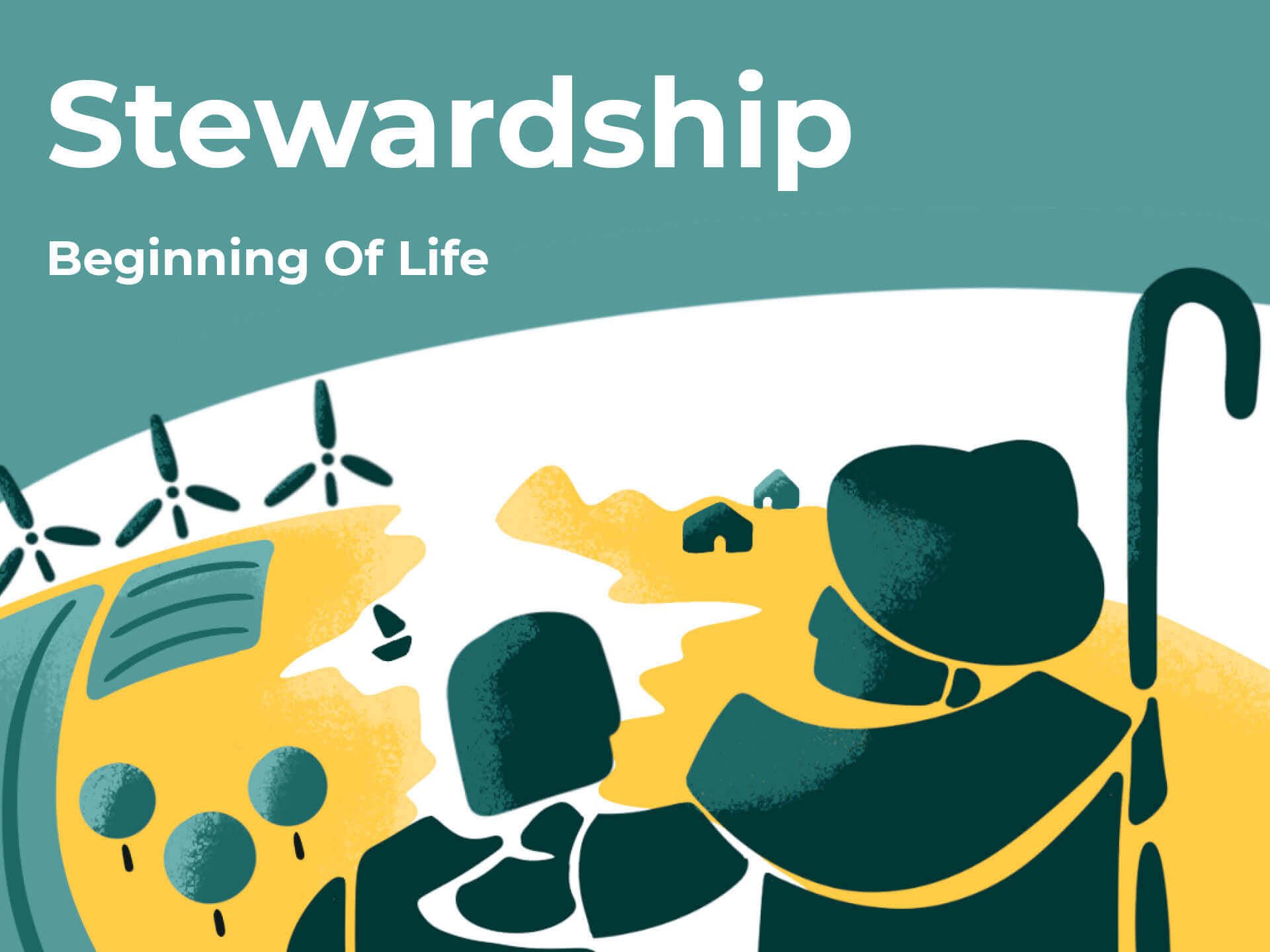The Climate
About this series
This 11-part series will help us to understand and apply the Bible’s teaching on God’s plan for us to steward the gifts he has given us and therefore the type of people he is calling us to be in our day.
The entire message of the Bible reflects the statement in Psalm 24:1, “The earth is the Lord’s, and everything in it, the world, and all who live in it” (cf. Psalm 89:11). And yet we must balance that with the fact that God has also called mankind to steward his creation: “The highest heavens belong to the Lord, but the earth he has given to the human race” (Psalm 115:16) In making the distinction between God’s rule and our delegated rule, John Stott says, ‘Our possession of the earth is leasehold, therefore, not freehold. We are only tenants; God himself remains...the “landlord.”’
It’s also clear from the creation account in Genesis that mankind was specifically created to bear God’s image and to rule on his behalf over his creation:
Genesis 1:28: “God blessed them and said to them, ‘Be fruitful and increase in number; fill the earth and subdue it. Rule over the fish in the sea and the birds in the sky and over every living creature that moves on the ground.’”
William Edgar defines this mandate given to Adam: ‘The creation mandate is the on-going charge to humanity, in the power and blessing of God, to be fruitful, multiply, and fill the earth and to gently subdue and cultivate the earth.’ This mandate relates not only to the physical ‘earth’ but also to our physical selves, what we do with the resources God has given us and to the way we care for the rest of mankind.
About this talk
Scripture: Genesis 2:15, Romans 8:18-23
According to NASA, climate change, “encompasses global warming, but refers to the broader range of changes that are happening to our planet, including rising sea levels; shrinking mountain glaciers; accelerating ice melt in Greenland, Antarctica and the Arctic; and shifts in flower/plant blooming times.”
Likewise, NASA describes global warming as “the long-term heating of the Earth’s climate system observed since the pre-industrial period (between 1850 and 1900) due to human activities, primarily fossil fuel burning, which increases heat-trapping greenhouse gas levels in the Earth’s atmosphere.”
It is perhaps inevitable that in filling the earth, subduing it, working it and taking care of it (Genesis 1:28 and 2:15), it was that some changes would always have happened to the earth. However, it is the lack of care taken over mankind’s impact on the climate that is at issue here. Climate change is leading to mass migration and is disproportionately affecting poorer and more vulnerable peoples, where unstable government, conflict and poverty.
Climate change is a ‘threat multiplier’ (a term coined by the US Military) - the effects of the usual weather threats such as flooding, heatwaves, droughts, hurricanes, wildfires, ‘The warmer it gets, the more frequent or the stronger and more damaging these events are getting’ (Katharine Hayhoe, Climate Scientist, Texas Tech University).
And then there are long-term changes, such as rising sea level, directly endangering the two-thirds of the world’s cities, many in developing countries which lie within a metre of current sea level (Katharine Hayhoe).
We look at:
Giving some examples of the way climate change is a hunger issue, a poverty issue, an inequality issue, an issue disproportionately affecting the world’s poorest and most vulnerable.
What are some achievable steps we can suggest people consider to make a small contribution to tackling climate change?











God gives us reasons for working, without making it the reason. Work, then, becomes an avenue for using the creative opportunities God has given, to serve other people and to love him - all of which we do for his glory.